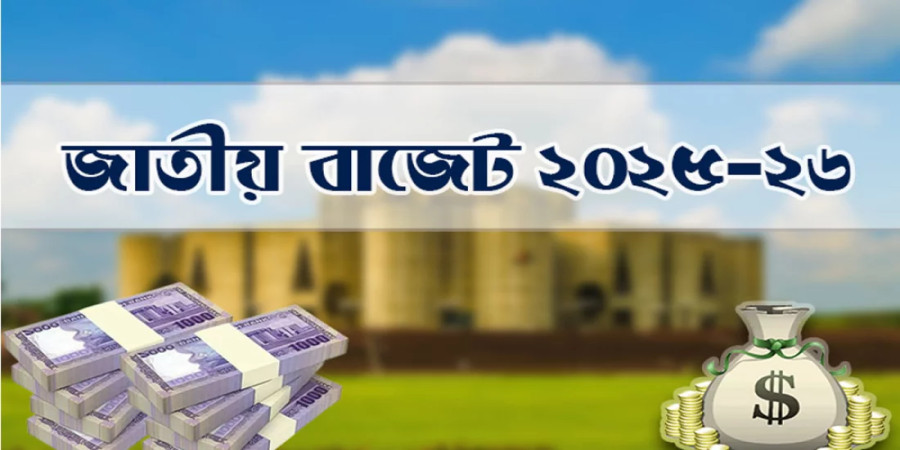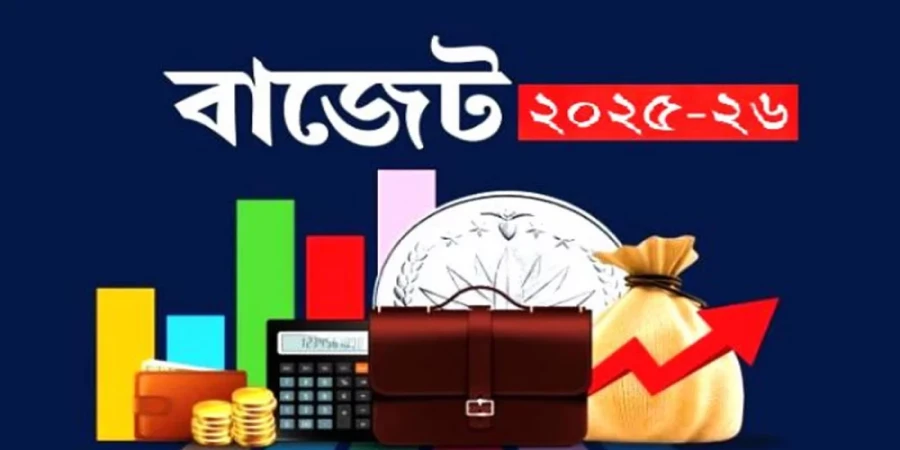
ছবি: Dr. Ahsan H. Mansur
Bangladesh Bank Governor Dr. Ahsan H. Mansur has projected that it will take at least one year to bring inflation to a sustainable level. Speaking at a seminar organized by BRAC EPL in the capital on Thursday night, he outlined the ongoing economic challenges and the measures being taken to address them.
During his address, the governor acknowledged the liquidity crisis faced by several banks in the country. To address this issue, he announced that a comprehensive asset review process would commence shortly. The initiative aims to evaluate the financial health of these institutions and ensure their resilience in the face of economic pressures.
While discussing the state of the economy, Dr. Mansur emphasized that opening letters of credit (LCs) is currently free of complications. He also highlighted the significant role of remittances in stabilizing the economy. Over the past four months, Bangladeshi expatriates have sent an additional $3 billion, which he described as a critical factor in fostering economic stability.
Turning his attention to the persistent issue of rising inflation, Dr. Mansur expressed optimism about achieving tangible progress in the near future. He projected that inflation would decline to 7 percent by June of the coming year, and further reduce to 5 percent in the next fiscal year. These targets reflect the central bank's commitment to mitigating the adverse effects of inflation on households and businesses alike.
The governor also addressed the rising prices of essential commodities, particularly potatoes and onions, which have sparked public concern. Explaining the situation, he attributed the price hikes to the floods experienced in August and September, which disrupted timely production. The adverse weather conditions have led to shortages, subsequently driving up prices.
Dr. Mansur's remarks underscored the multifaceted nature of the challenges facing Bangladesh's economy. While progress is being made on several fronts, including remittance growth and efforts to stabilize inflation, external factors such as adverse weather events continue to pose risks. Nevertheless, the central bank remains committed to implementing policies that support long-term economic stability and growth.
Looking ahead, the governor highlighted the importance of fostering resilience within the banking sector and strengthening the country's financial infrastructure. The planned asset review process is expected to play a pivotal role in addressing vulnerabilities within the banking system and ensuring that financial institutions are well-positioned to support the nation's economic objectives.
Dr. Mansur also underscored the role of expatriates in bolstering the economy, noting that the additional remittances received in recent months have provided a crucial buffer against external shocks. This influx of funds has not only supported foreign exchange reserves but also contributed to the broader goal of economic stability.
As Bangladesh navigates the complexities of inflation control, liquidity management, and commodity price stability, the central bank's strategic interventions will be critical in achieving sustainable growth. Governor Dr. Ahsan H. Mansur's insights offer a roadmap for addressing these challenges while reinforcing confidence in the country's economic resilience.
The seminar provided an opportunity for stakeholders to discuss the economic outlook and exchange perspectives on the measures needed to overcome current challenges. Participants expressed cautious optimism about the prospects for inflation control and economic stability, emphasizing the importance of coordinated efforts among policymakers, financial institutions, and the private sector.
In conclusion, Dr. Mansur reiterated the central bank's commitment to implementing effective policies and fostering collaboration among all stakeholders. While challenges remain, the progress made in remittance inflows and plans to stabilize inflation reflect a positive trajectory for Bangladesh's economic future.
repoter






